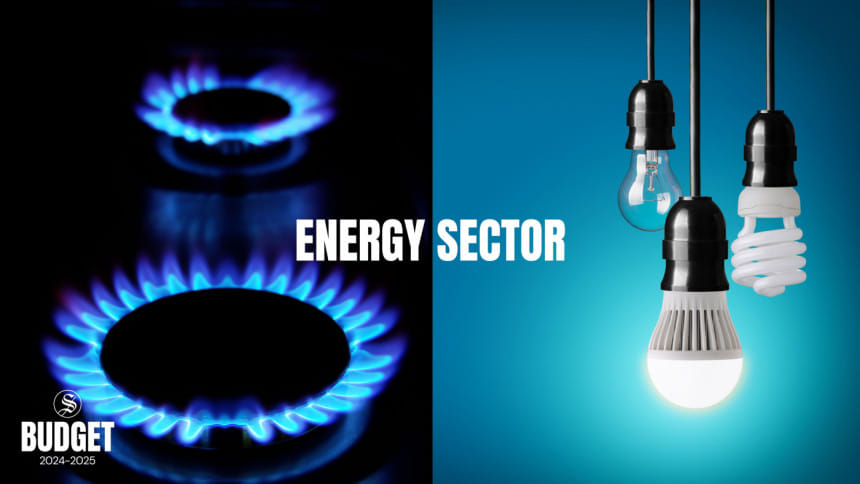Energy sector overlooked: experts

The proposed increase of Tk 93 crore for the energy and mineral resources division in the budget is not enough for the necessary explorations needed to discover domestic gas and other mineral resources, said experts.
In an instant reaction, they, citing the volatile fuel market, said the budget allocation predominantly focused on importing fuel to cover needs when sourcing primary energy like gas and coal from the domestic front was needed.
They also said the huge difference in allocation between the energy and the power division would eventually further add the price burden on consumers.
The government proposed a 13 percent less allocation or Tk 30,317 crore for the Ministry of Power, Energy and Mineral Resources. In the last fiscal year, the allocation was Tk 34,819 crore.
Among the two divisions of the ministry, the power division is expected to get Tk 29,230 crore, a reduction of Tk 4,595 crore. The energy and mineral resources division is set to get Tk 1,087 crore, which is Tk 93 crore more than the previous fiscal.
In the budget speech, Finance Minister Abul Hassan Mahmood Ali said the power generation capacity has increased to 30,277 MW in 2023-24 from 4,942 MW in 2009.
"Currently, 27 power plants with a capacity of 9,144 MW are under construction," he said.
The finance minister said BAPEX plans to drill and overhaul 48 wells under Petrobangla between January 2023 and December 2025 to explore and extract gas or oil onshore. The budget has a target to drill at least 12 wells this fiscal.
Former advisor to a caretaker government Prof Mohammad Tamim said the finance minister's speech doesn't reflect the allocation.
"In the current context, it is clear that local gas exploration and extraction is more important than the import of high-cost LNG and other fuel. But the allocation is too miniscule for the energy division," he said.
Prof M Shamsul Alam, energy advisor of the Consumers Association of Bangladesh, echoed Prof Tamim.
He, however, said more allocation to the power sector will ultimately result in increasing the production cost.
"Those who prepare the budget, I guess, don't realise that," he said.
He said the discrimination between the two divisions reflects that they are increasing power generation capacity only without having secured the energy supply chain.
Meanwhile, the finance ministry said the government has been attaching the highest importance and top priority to the development of the power sector and is implementing various projects to improve the generation, transmission and distribution systems.
"Already, in fulfilment of its pledge, the government has brought 100 percent of the population under the electricity coverage and plans have been taken to increase the power generation capacity to 40,000 MW by 2030 and 60,000 MW by 2041," he said.
The government has plans to increase the power transmission lines to 24,000 circuit kilometres by modernising the grid, which is now 15,246 circuit kilometres, he said, adding that the focus should have been on the energy and minerals sector this year.
During his budget speech, the finance minister also proposed a special allocation of Tk 100 crore to encourage the development and use of renewable energy. Besides, another Tk 100 crore was proposed to allocate against the blue economy research.
Shafiqul Alam, lead analyst of Bangladesh at the Institute for Energy Economics and Financial Analysis, appreciated the move.
"It's just a start, but it reflects the government's focus on renewables. We hope they will increase it further," he said, adding that there were demands from many groups involved with this sector to reduce the VAT from solar products but there is no mention of this in the budget.

 For all latest news, follow The Daily Star's Google News channel.
For all latest news, follow The Daily Star's Google News channel. 








Comments